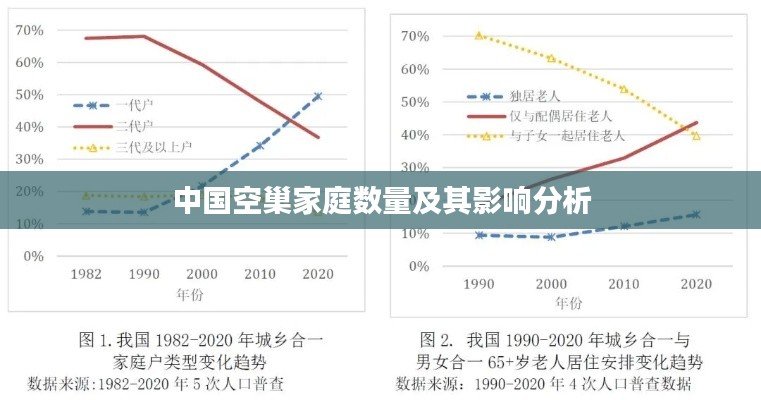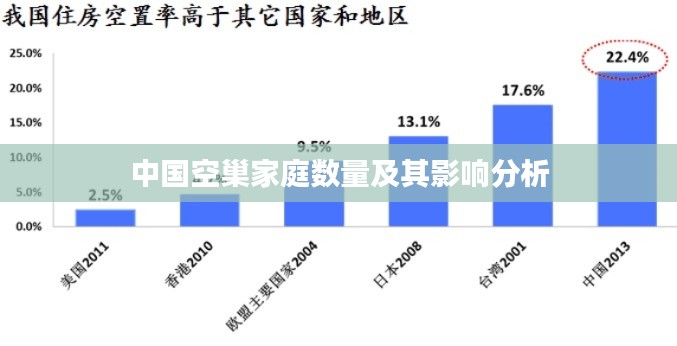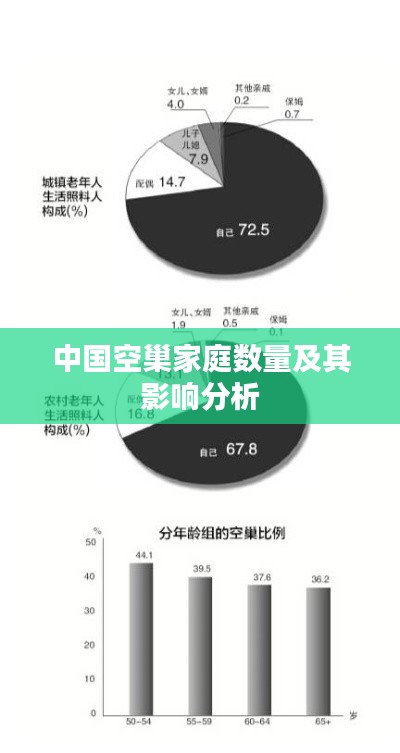In today's global context, the phenomenon of empty nest families has become increasingly prevalent, and China is no exception. Empty nest families, also known as "失独家庭" in Chinese, refer to those where the children have grown up and left home, often for education or work, leaving their parents behind. The number of such families in China is growing at a rapid pace, posing various challenges and affecting the society in numerous ways.
The exact number of empty nest families in China is difficult to determine, as research and statistics vary. However, according to recent studies, the number is on the rise, with many factors contributing to this trend. One of the main reasons is the increasing migration of people from rural to urban areas in search of better education and employment opportunities. As a result, children are often forced to live away from their parents, leading to the formation of empty nest families.
In English, the term "empty nest syndrome" is often used to describe the situation where a family experiences the departure of its children. This phenomenon has been widely studied across different cultures, and the impact on families, especially in China, cannot be overstated. Empty nest families not only bring about emotional and psychological challenges but also economic and social challenges.
Emotional and psychological challenges are particularly evident. Parents may feel lonely and depressed as they are left behind, missing their children and facing the reality of aging without their support. Some may even develop health issues due to stress and anxiety. At the same time, children who live away from their parents may also face their own emotional challenges, missing their family and feeling guilty about leaving their parents behind.
Economically, empty nest families often face the challenge of supporting themselves on a single income or limited resources. As children leave home, there is a significant reduction in family income, which may lead to financial difficulties, especially for those who have retired or are unable to work.
Socially, empty nest families may face isolation and a lack of social support. As families become smaller and more nuclearized, there is less community support for those left behind. This isolation can lead to further emotional distress and a lack of social activities and engagement.
The government of China has recognized the challenges faced by empty nest families and has taken various measures to address them. These include providing financial support, improving healthcare facilities, and encouraging community engagement. However, more needs to be done to address the emotional and psychological challenges faced by these families and ensure their well-being.
In conclusion, the number of empty nest families in China is growing at a rapid pace, posing various challenges that need to be addressed. The government and society need to recognize the challenges faced by these families and provide them with necessary support and care. At the same time, individuals should also be encouraged to take care of their elderly parents and ensure they are not left alone. Only through collective efforts can we address the challenges posed by empty nest families and ensure a harmonious society.
转载请注明来自广州贝贝鲜花礼品网,本文标题:《中国空巢家庭数量及其影响分析》













 蜀ICP备2022005971号-1
蜀ICP备2022005971号-1
还没有评论,来说两句吧...